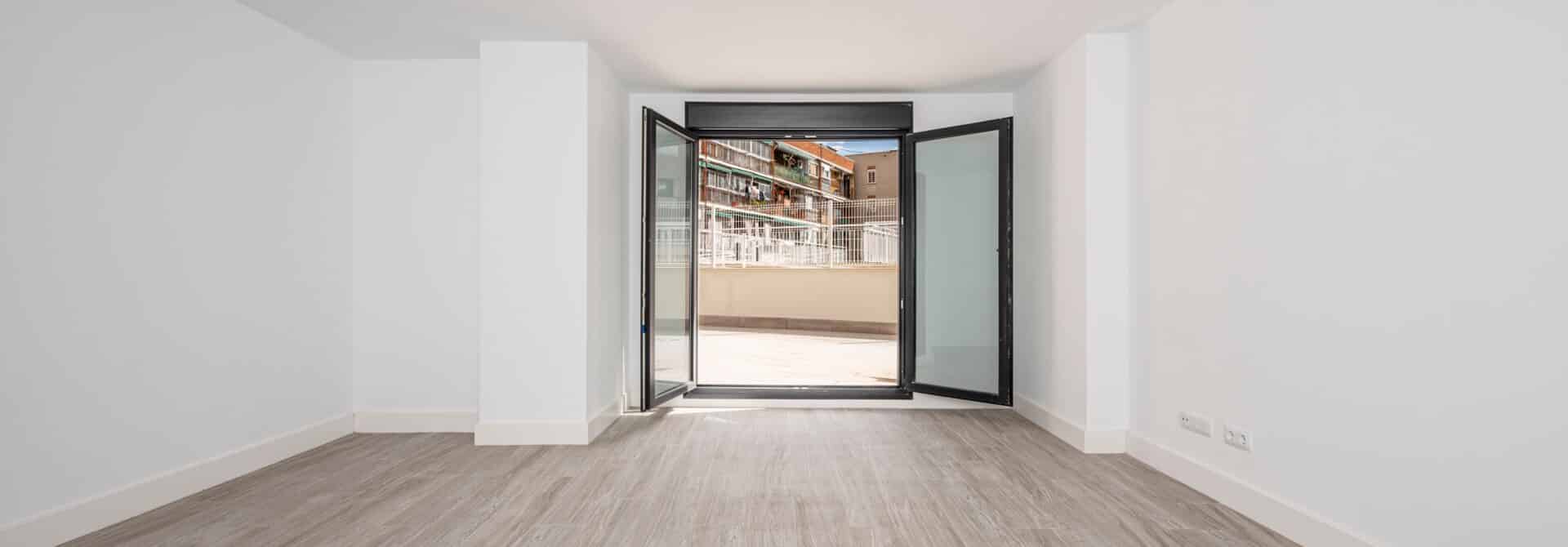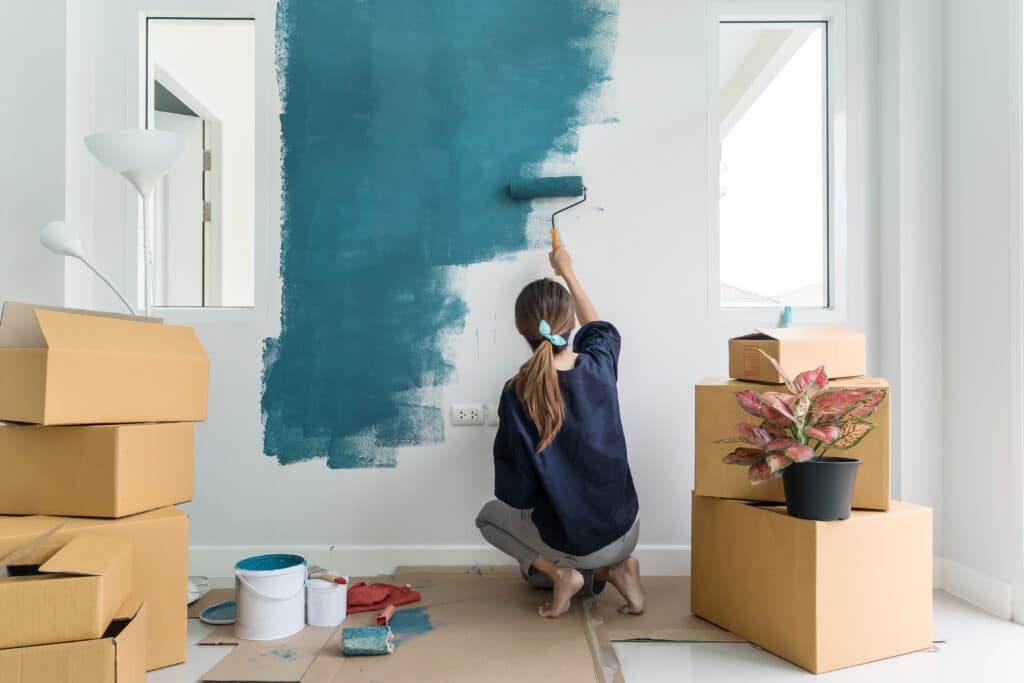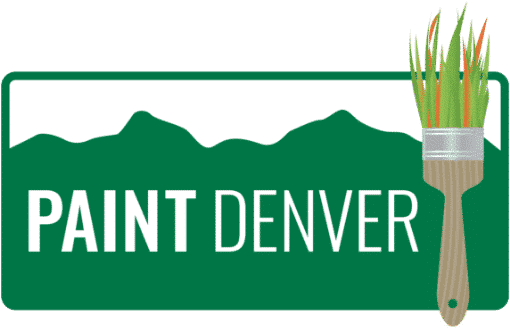
Apartment Painting Safety for Tenants and Property Managers
Living in an apartment building comes with many advantages, but it can also present unique challenges, especially when it comes to maintenance tasks like painting. Fortunately, with a little planning and communication around apartment painting safety, redecorating can be successful for everyone involved. This guide provides essential safety tips for both tenants and property managers to navigate apartment painting projects.
Importance of Apartment Painting Safety
Fresh paint can enhance an apartment building’s aesthetics, but safety should be the top priority during painting projects, especially in multi-unit dwellings. Paint fumes often contain volatile organic compounds (VOCs) – harmful chemicals that evaporate into the air and can trigger various health problems or paint allergies.
5 Issues from Unsafe Painting Measures
1. Paint Fumes from the Apartment Next Door
Paint fumes, particularly those from oil-based paints, contain volatile organic compounds (VOCs) that can be harmful if inhaled. These fumes can travel through ventilation systems, cracks in walls, and shared air spaces, impacting residents in neighboring apartments. Exposure to paint fumes can cause a variety of health problems, including:
- Respiratory irritation: Eye, nose, and throat irritation, coughing, and difficulty breathing.
- Headaches and dizziness: Paint fumes can cause headaches, dizziness, and nausea, especially in individuals with sensitivities.
- Skin irritation: Direct contact with paint or exposure to paint fumes can irritate the skin, causing redness, itching, and rashes.
- Long-term health effects: Inhaling high levels of VOCs over extended periods can potentially lead to respiratory problems, allergies, and even central nervous system damage.
2. Unpleasant Paint Smell in Your Own Apartment
Even if painting is done within your own apartment, improper ventilation can lead to lingering paint odors. These odors can be unpleasant and irritating and may trigger headaches or respiratory problems in sensitive individuals. Additionally, strong paint smells can make it difficult to enjoy your living space.
3. Fire Hazards
Certain paint thinners and solvents used in painting are highly flammable. Improper storage or use of these materials can create a fire hazard. Always store paint thinners and solvents in a cool, well-ventilated area away from heat sources. Dispose of them properly according to local regulations.
4. Property damage
Paint overspray can damage furniture, belongings, and carpets if not properly protected. Cover all furniture and exposed surfaces with drop cloths or plastic sheeting before painting begins.
5. Legal issues
Property managers have a legal responsibility to ensure the safety and well-being of their tenants. Failing to prioritize safety measures during apartment painting projects can lead to legal repercussions.

Apartment Painting Safety Tips for Tenants
While property managers play a crucial role in ensuring safety during apartment painting projects, tenants can also take steps to protect themselves. Sometimes, tenants want to get crazy and have walls painted red or even paint a new nursery.
Be Informed: Ask your property manager about the painting schedule and inquire about the type of paint being used. If you have any concerns about allergies or health risks, discuss them with your property manager or a healthcare professional.
Prepare Your Apartment: If you are permitted to paint your own apartment, be sure to choose low-VOC paints. Cover furniture and belongings with drop cloths to protect them from paint overspray.
Improve Ventilation: When possible, open windows and doors in your apartment to create natural air circulation. If weather conditions don’t permit opening windows, consider using fans to improve ventilation.
Minimize Your Time in the Apartment: If strong paint odors are present, try to spend minimal time in the painted unit. Stay with friends or family or make use of building amenities like a common room or rooftop terrace.
Communicate Any Issues: If you experience persistent headaches, dizziness, or difficulty breathing, notify your property manager immediately. They can take steps to address the ventilation or fumes and ensure your safety.
Tips for Apartment Property Managers When it Comes to Painting
Apartment property managers have a responsibility to ensure the safety and well-being of their tenants. But sometimes, tenants want to get crazy and have walls painted red!? Here are some key actions they can take during apartment painting projects:
- Schedule Painting for Optimal Conditions: Whenever possible, schedule painting projects for the fall or spring months. These seasons offer mild temperatures that allow tenants to keep windows open for ventilation without sacrificing comfort.
- Communicate Effectively with Tenants: Provide tenants with ample notice (at least two weeks) before any painting begins. This notification should include details about the project timeline, the potential for paint odors, and safety precautions residents can take.
- Hire Licensed and Experienced Professionals: Employ qualified painting contractors who are familiar with safe painting practices in multi-unit dwellings. Licensed professionals have the expertise and equipment necessary to minimize paint fumes and ensure a high-quality job.
- Choose Low-VOC Paints: Opt for paints with low VOC content. These paints emit significantly fewer harmful fumes, creating a healthier environment for tenants. Many manufacturers now offer high-quality, low-VOC paints in a wide variety of colors.
- Ensure Proper Ventilation: Professional painters will prioritize ventilation during the painting process. This may involve opening windows, using exhaust fans, or employing air filtration systems. Property managers should inspect the worksite to ensure proper ventilation is maintained.
- Inspect the Unit After Painting: Once the painting is complete, property managers should conduct a final inspection of the unit. This includes checking for lingering paint odors and ensuring all ventilation equipment is turned off.
Additional Tips for Property Managers:
- Protect Common Areas: Lay down drop cloths or dust sheets in hallways and common areas to prevent paint tracking and dust spread.
- Provide Air Filtration Systems: Consider offering temporary air filtration systems to tenants who may be particularly sensitive to paint fumes.
- Be Available to Address Concerns: Property managers should be readily available to address any questions or concerns tenants may have throughout the painting process.
By following these essential steps, property managers can create a safe and healthy environment for all residents during apartment painting projects.
Stay Safe and Paint On
By working together, tenants can stay informed and take steps to minimize their exposure to paint fumes. Property managers can ensure safe practices are followed by hiring qualified professionals, using low-VOC paints, and prioritizing proper ventilation. Following these recommendations will create a healthy and positive environment for everyone in the building. Remember, clear communication and collaboration between tenants and property managers are key to a successful and safe apartment painting experience.
Ready to refresh your apartment with a new coat of paint? Paint Denver specializes in high-quality, safe apartment painting services. Our team of experienced professionals is committed to using low-VOC paints and prioritizing proper ventilation techniques to minimize disruption and ensure a healthy living environment for your residents. Contact Paint Denver today for a free consultation and quote! We look forward to helping you achieve your commercial painting goals.
